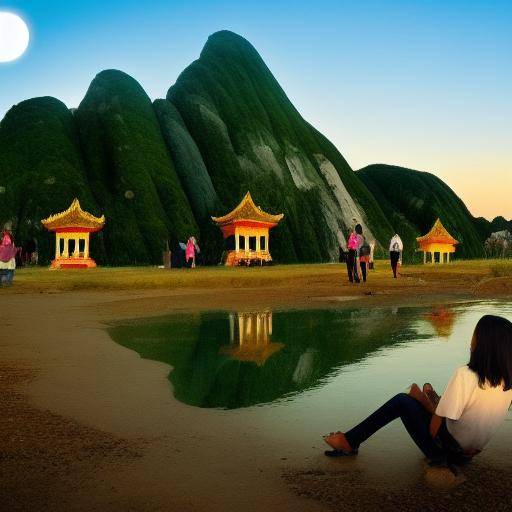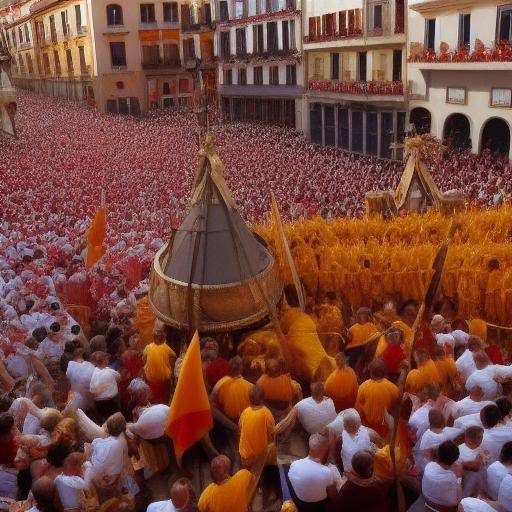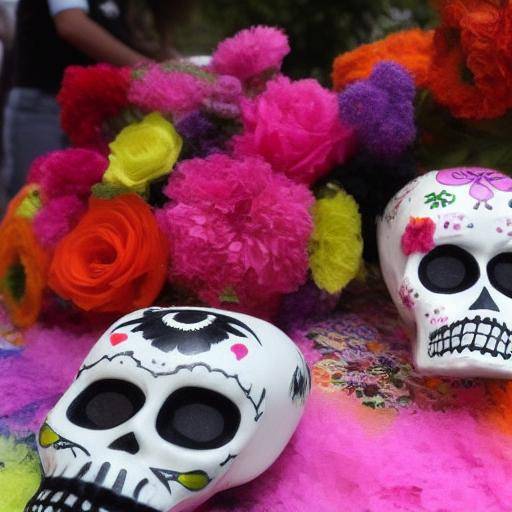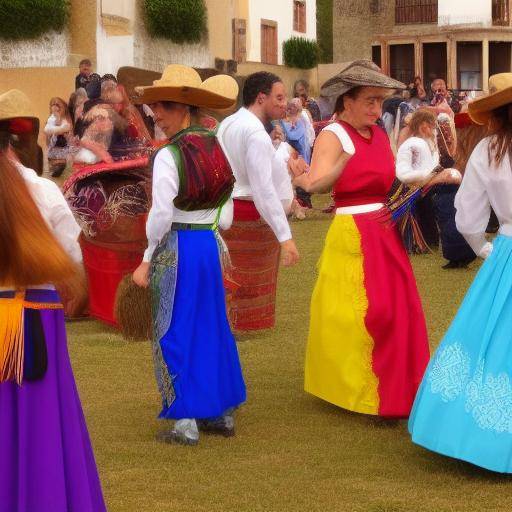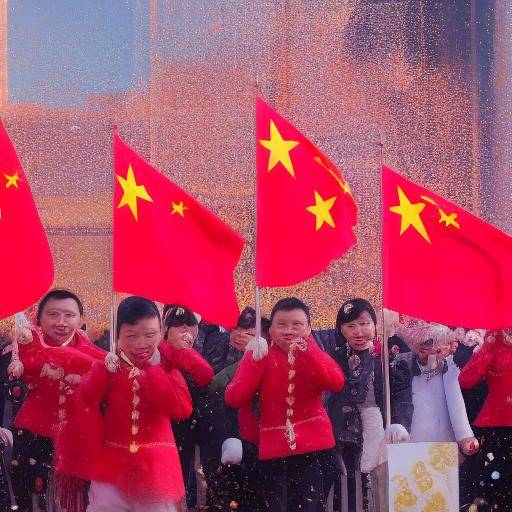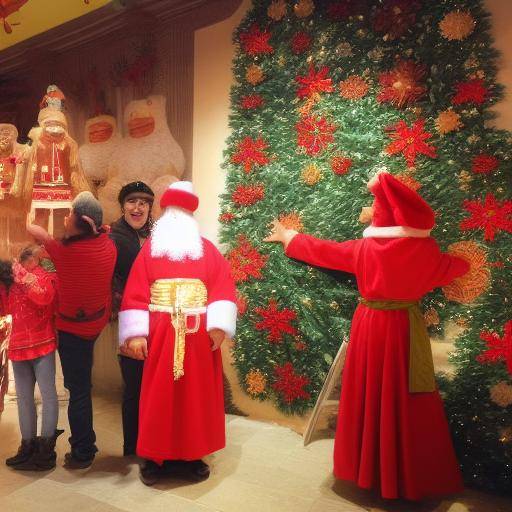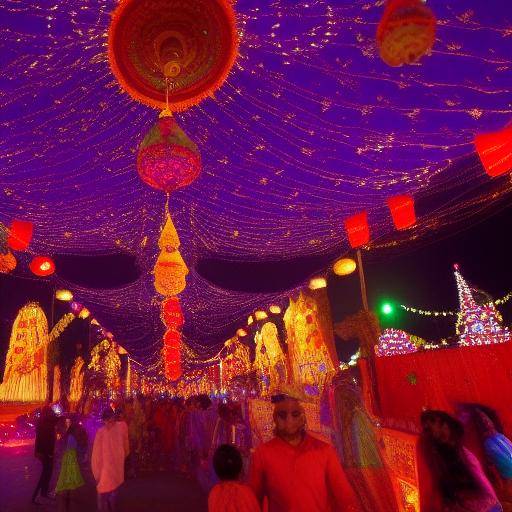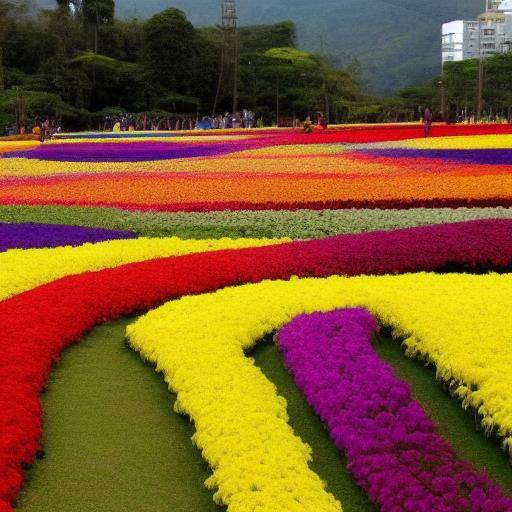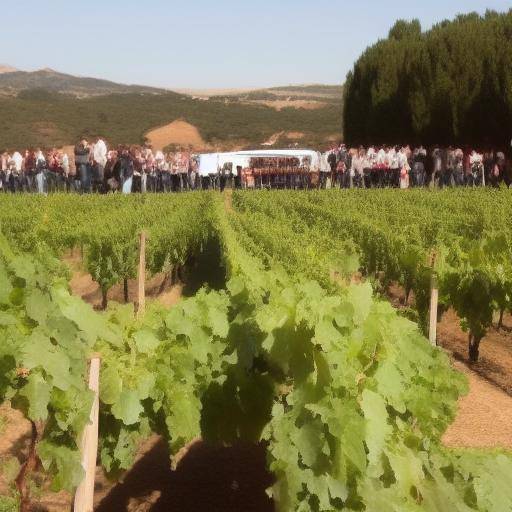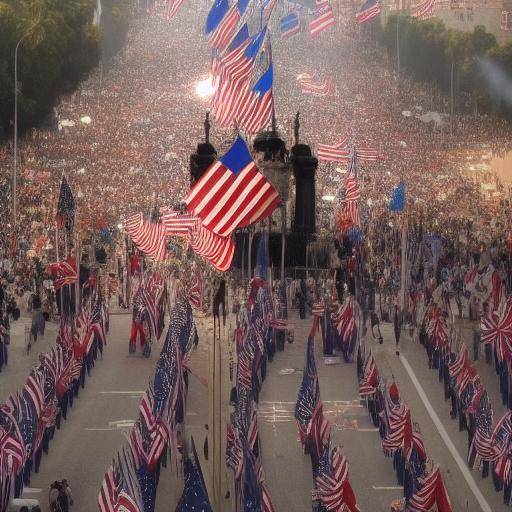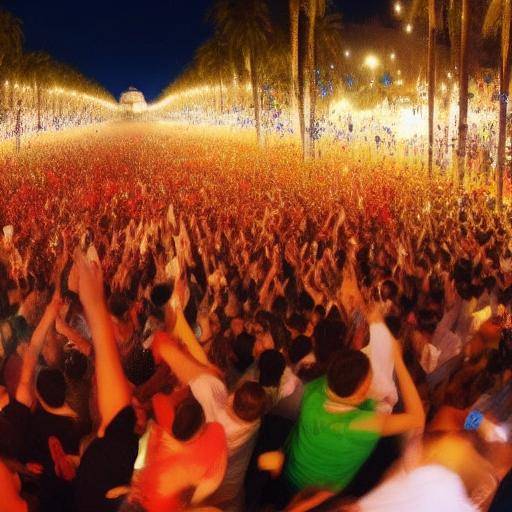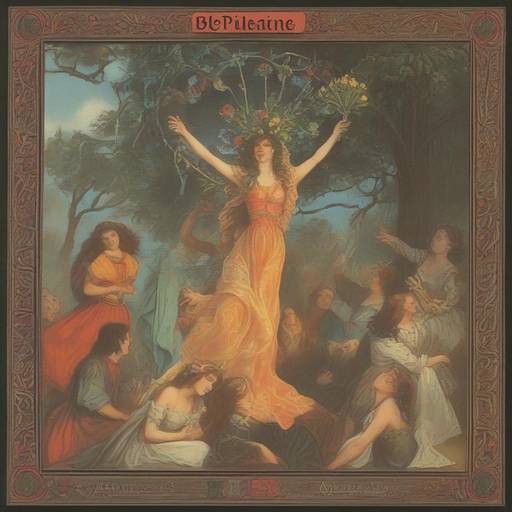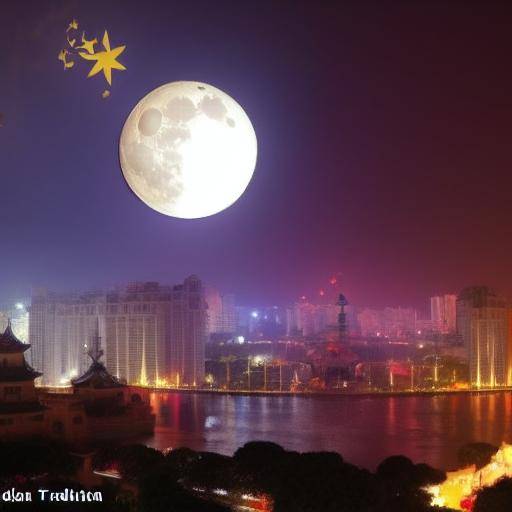
Introduction
The moon festival, one of the most important traditional festivals in China, is a celebration full of meaning and symbolism. In this article, we will thoroughly explore the history, traditions, current holidays and the cultural importance of this millennial event. We will discover how this celebration has evolved over the years, we will explore traditional practices and beliefs, and we will compare the festival with other similar celebrations in China. In addition, we will provide valuable information that will illustrate the influence of this festival in Chinese society and offer a vision of what the future holds for this extraordinary celebration.
History and Background of the Festival de la Luna
The moon festival, also known as the Mid Autumn Festival, has its roots in ancient China. It is celebrated on the 15th of the eighth month of the Chinese calendar, when the moon is in its brightest and roundest phase. The festival has a profound cultural significance and dates back to more than 3000 years old.
The moon festival has become an integral part of Chinese tradition, marking the transition of the seasons and serving as a link between generations. The veneration of the moon and family gatherings are fundamental aspects of this festival, which has endured over the centuries.
Evolution of the Festival
Over the years, the moon festival has undergone various transformations, adapting to social and cultural changes. The traditions associated with the festival have evolved, merging old practices with modern elements. The festival has transcended China's borders, gaining global recognition.
Cultural Importance
The moon festival occupies a special place in the heart of the Chinese. It represents family unity, gratitude and love, and has influenced Chinese literature, art and customs throughout the centuries. The moon, symbol of harmony and fullness, is venerated during this festival, which reflects the rich Chinese cultural heritage.
Detailed Analysis of the Moon Festival
The moon festival is an occasion to enjoy special culinary delights, such as the famous moon cakes and family reunions. Still, it has also adapted to contemporary trends, including fireworks, concerts and cultural events.
Current Challenges and Trends
Globalization and the evolution of family structures have influenced the celebration of the moon festival. The challenge of preserving old traditions while embraced new customs has been a source of reflection for Chinese society. In addition, growing environmental awareness has led to the adoption of sustainable practices during the holidays.
Diverse Perspectives
Experts and academics have offered various perspectives on the moon festival, highlighting its importance in the preservation of Chinese cultural identity. At the same time, we have discussed the need to adapt to modern changes without losing the essence of the celebration.
Integral Review of the Festival of the Moon, Traditional Festivals and China
The moon festival is just a sample of the rich tradition of the parties in China. We compare and contrast this celebration with other traditional festivities in China, highlighting the similarities, differences and the cultural importance of each.
Practical Tips and Useful Recommendations
For those who wish to participate in the celebration of the moon festival, we provide practical advice, from the preparation of the moon cakes to the understanding of the label for traditional gifts and greetings. These tips will provide readers with a deeper understanding of the holiday and allow them to enjoy it fully.
Conclusions and FAQs
Conclusions
The moon is much more than an annual celebration; it is a link that unites generations and a look at China's rich cultural heritage. As the festival continues to evolve, its lasting meaning, reminding us of the importance of honoring our roots and appreciating the beauty of millennial traditions.
Frequently asked questions
1. What is the origin of the moon festival in China?
The moon festival has its roots in ancient China, where it was celebrated as a feast of thanks for the good harvest and to venerate the moon.
2. How is the moon festival celebrated today?
Today, the moon festival is celebrated with family meetings, fireworks shows, the exchange of moon cakes and cultural events.
3. What does the moon mean in Chinese culture?
In Chinese culture, the moon symbolizes harmony, fullness and family unity, so the moon festival is an occasion to meet and express gratitude.
4. How do the moon festival compare to other traditional festivities in China?
The festival of the moon has similarities with other Chinese festivities regarding the family union and the celebration of nature, but it has its singularity in the veneration of the moon and the delicious moon cakes.
5. What is the future of the moon festival in China?
The moon festival is expected to continue to evolve to adapt to modern changes, maintaining its cultural importance and preserving its most beloved traditions.
6. How can I participate in the festivals of the moon if I am not in China?
Many cities around the world, especially those with a large Chinese community, organize events and celebrations of the moon festival that are open to the public.
With the understanding of the history, traditions, evolution and cultural importance of the moon festival in China, readers can fully appreciate this unique holiday and its lasting meaning.

